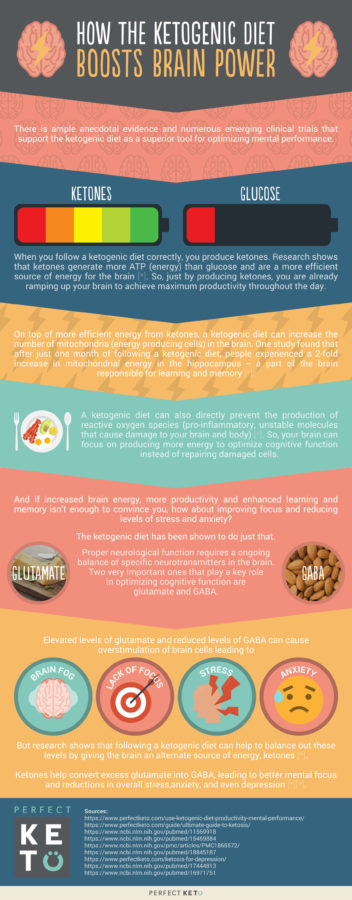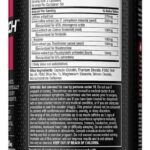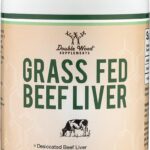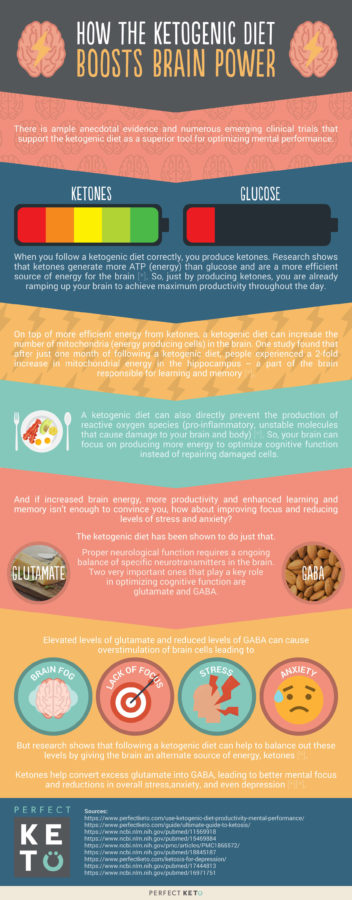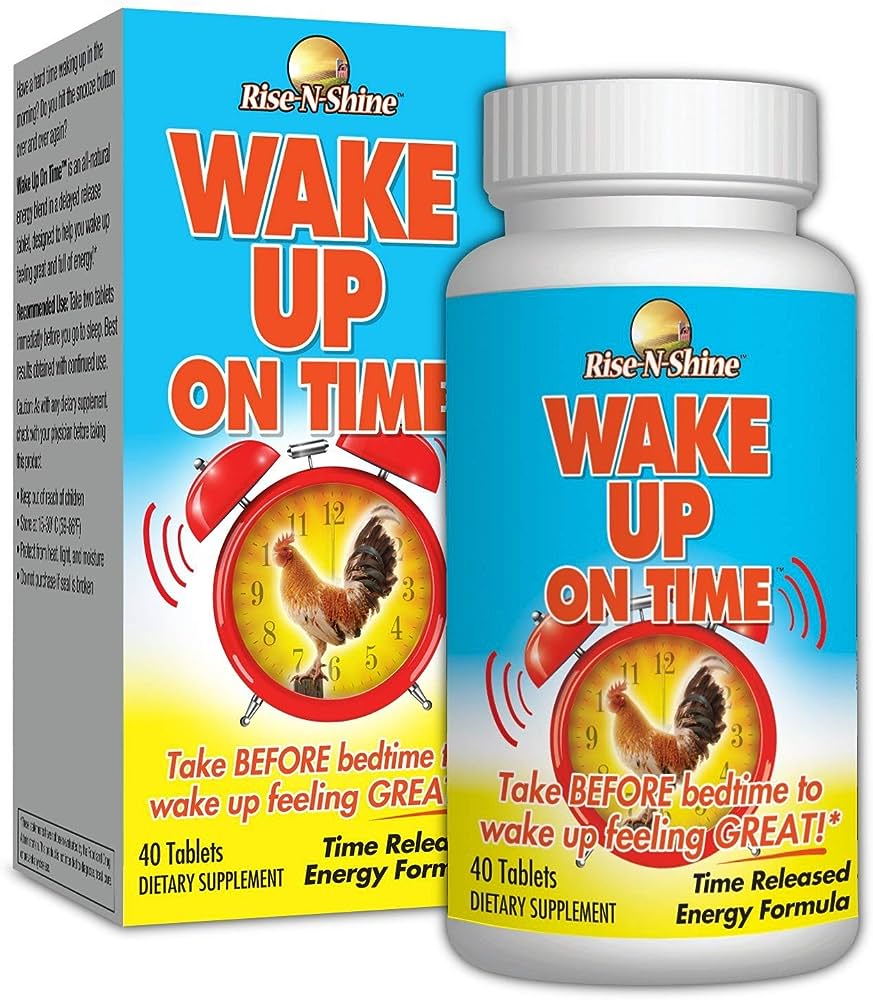Have you ever wondered how nootropics work? Well, you’re in for a treat because we’re about to dive into the fascinating world of brain-boosting supplements! Nootropics, also known as smart drugs, are designed to enhance cognitive function, improve memory, and increase focus. So, how exactly do they achieve these impressive results? Let’s find out!
Nootropics work by targeting specific neurotransmitters in your brain, such as acetylcholine and glutamate. These neurotransmitters play a crucial role in memory formation, learning, and overall brain function. By increasing the availability of these neurotransmitters or enhancing their efficiency, nootropics can improve your cognitive abilities. It’s like giving your brain a turbo boost!
Furthermore, nootropics also increase blood flow to the brain, ensuring that it receives a sufficient supply of oxygen and nutrients. This increased blood flow not only enhances overall brain health but also improves your ability to concentrate and think clearly. Imagine having a clear and focused mind without the brain fog!
In addition to their effects on neurotransmitters and blood flow, some nootropics also have antioxidant properties. This means they can help protect your brain cells from oxidative stress and prevent age-related cognitive decline. So not only do nootropics have immediate benefits, but they can also support long-term brain health.
Want to learn more about the different types of nootropics and how they can boost your cognitive function? Stay tuned for our upcoming article where we’ll delve deeper into this exciting field and explore the science behind these brain-boosting supplements!
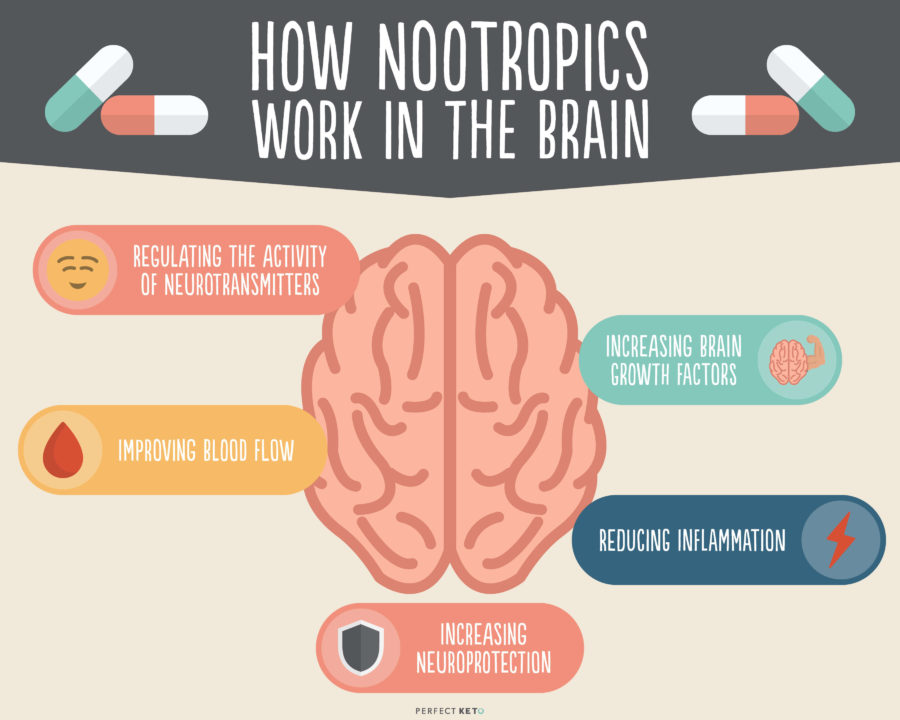
What are Nootropics?
Definition
Nootropics, also known as smart drugs or cognitive enhancers, are substances that are believed to enhance cognitive function, memory, creativity, and motivation. They are designed to optimize brain health and performance, promoting mental clarity, focus, and alertness. Nootropics can be natural compounds, such as herbs or dietary supplements, or synthetic drugs that have cognitive-enhancing effects.
Types of Nootropics
There are several types of nootropics available, each with its own mechanisms of action and benefits. Some of the most commonly used types include:
-
Racetams: This group of synthetic compounds includes popular nootropics like piracetam and aniracetam. They are believed to enhance memory, learning, and focus.
-
Choline Enhancers: Choline is a vital nutrient for brain health, and choline enhancers like Alpha GPC and CDP choline are often used alongside racetam nootropics to boost their effects.
-
Natural Nootropics: These include herbal supplements such as ginkgo biloba, Bacopa monnieri, and Rhodiola rosea. They are known for their cognitive-boosting and adaptogenic properties.
-
Ampakines: These synthetic compounds target glutamate receptors in the brain and are believed to improve memory, attention, and learning.
-
Peptides: Peptides, such as noopept, are amino acid chains that can cross the blood-brain barrier and have neuroprotective and cognitive-enhancing effects.
-
Stimulants: Substances like caffeine and modafinil are known for their stimulating effects, promoting wakefulness and alertness.
Mechanism of Action
Neurotransmitter Modulation
One of the key mechanisms of action for nootropics is the modulation of neurotransmitters in the brain. Neurotransmitters are chemical messengers that allow communication between brain cells. Nootropics can influence the production, release, and uptake of neurotransmitters, leading to improved brain function.
For example, some nootropics enhance the synthesis and release of acetylcholine, a neurotransmitter involved in memory, attention, and learning. By increasing acetylcholine levels, these nootropics can enhance cognitive function.
Increased Blood Flow to the Brain
Another mechanism of action for certain nootropics is the promotion of increased blood flow to the brain. These substances, known as vasodilators, widen the blood vessels, allowing for more efficient oxygen and nutrient delivery to the brain. Improved blood flow can enhance cognitive function, memory, and overall brain health.
Effects on Brain Health
Enhanced Cognitive Function
One of the primary effects of nootropics is the enhancement of cognitive function. They can improve focus, attention, and mental clarity, helping you stay sharp and productive throughout the day. Nootropics may also have mood-enhancing effects, promoting a positive mindset and reducing stress and anxiety.
Neuroprotection
Some nootropics have neuroprotective properties, meaning they can protect brain cells from damage and promote their survival. This is particularly important as we age, as neurodegenerative diseases like Alzheimer’s and Parkinson’s are associated with the loss of brain cells. Nootropics with neuroprotective effects can help maintain brain health and potentially reduce the risk of cognitive decline.
Improved Memory and Learning
Many nootropics are known for their ability to enhance memory and learning. They can improve the formation and retrieval of memories, making it easier to absorb and retain new information. This can be particularly beneficial for students or individuals in professions that require constant learning and knowledge retention.
Influence on Neurotransmitters
Boosting Acetylcholine Levels
Acetylcholine is a neurotransmitter that plays a crucial role in memory, attention, and learning. Nootropics can enhance acetylcholine levels by increasing its synthesis or inhibiting its breakdown. By boosting acetylcholine activity, these nootropics can improve cognitive function, memory, and overall brain performance.
Increasing Dopamine and Serotonin
Dopamine and serotonin are neurotransmitters involved in mood regulation, motivation, and reward. Nootropics can influence the release and uptake of these neurotransmitters, leading to improved mood and motivation. This can result in increased productivity, focus, and overall well-being.
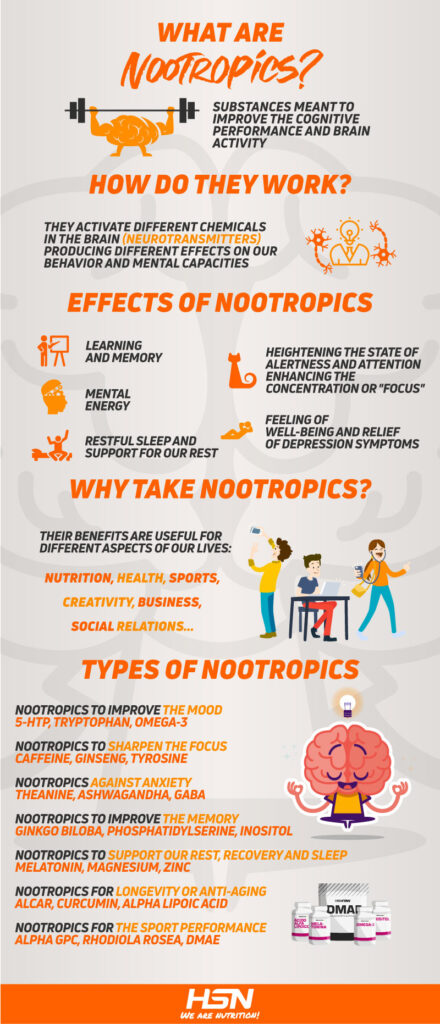
Neuroplasticity and Synaptic Communication
Neuroplasticity and Learning
Neuroplasticity refers to the brain’s ability to change and adapt in response to experiences and learning. Nootropics can enhance neuroplasticity, promoting the formation of new connections between brain cells and improving synaptic plasticity. This can enhance learning and memory formation.
Enhancing Synaptic Communication
Nootropics can also enhance synaptic communication, which is vital for efficient brain function. They can improve the release and binding of neurotransmitters, leading to faster and more effective communication between brain cells. This can result in improved cognitive function and overall brain performance.
Ingredients and Supplements
Popular Nootropic Ingredients
There are several key ingredients commonly found in nootropic supplements. These include:
-
Alpha GPC: A choline precursor that enhances acetylcholine synthesis and promotes cognitive function.
-
Bacopa monnieri: An herb known for its memory-enhancing and neuroprotective effects.
-
Gingko biloba: A natural extract that improves blood flow to the brain and enhances cognitive function.
-
L-Theanine: An amino acid found in tea leaves that promotes relaxation and focus.
Stacking Nootropics
Many individuals choose to stack different nootropics to enhance their effects. Nootropic stacks involve combining multiple substances to target different aspects of cognitive function. This can lead to synergistic effects, optimizing brain health and performance.
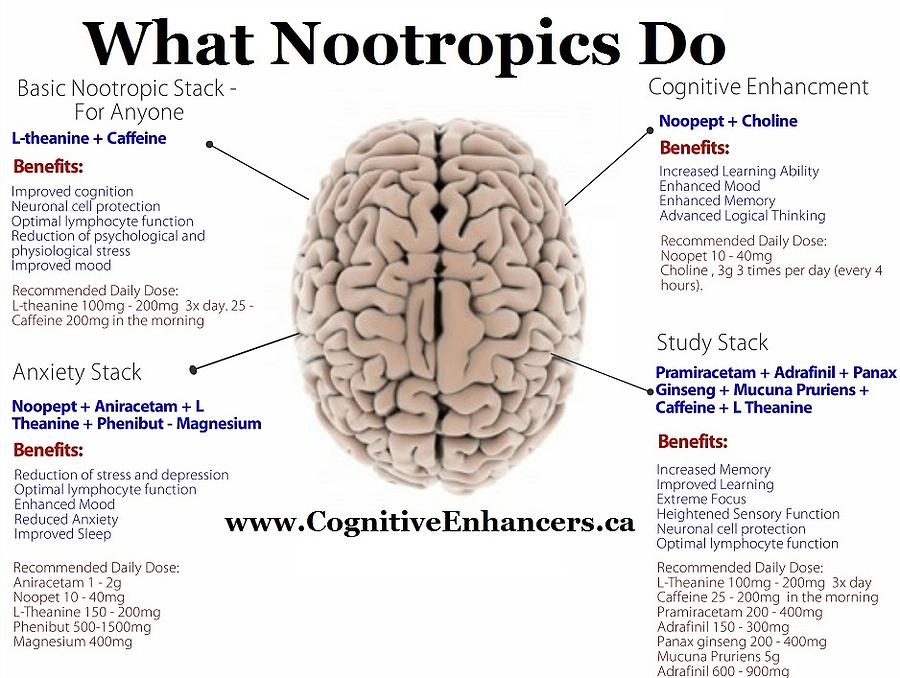
Dosage and Safety
Recommended Dosages
It is essential to follow recommended dosages when using nootropics to ensure safety and efficacy. Dosages can vary depending on the specific substance and individual factors. It is recommended to start with the lowest effective dose and gradually increase if needed, while closely monitoring any potential side effects.
Possible Side Effects
While nootropics are generally considered safe when used as directed, there can be potential side effects. These can include headaches, nausea, insomnia, and gastrointestinal issues. It is vital to consult with a healthcare professional before starting any new supplementation regimen, especially if you have any pre-existing medical conditions or are taking medications.
Research and Clinical Studies
Scientific Evidence
There is a growing body of scientific research supporting the cognitive-enhancing effects of certain nootropics. Numerous studies have shown the effectiveness of substances like racetams, choline enhancers, and natural extracts in improving memory, focus, and cognitive function.
Case Studies
In addition to scientific studies, there are also numerous anecdotal reports and case studies supporting the benefits of nootropics. Many individuals have experienced improved cognitive function, memory, and overall brain performance after incorporating these substances into their daily routine.

Legal and Ethical Considerations
Regulations and Restrictions
The legality and regulation of nootropics vary from country to country. Some substances may be restricted or require a prescription, while others may be readily available as dietary supplements. It is essential to research and understand the legal status of nootropics in your region before purchasing or using them.
User Responsibility
When using nootropics, it is crucial to take personal responsibility for their use. This includes following recommended dosages, being aware of potential side effects, and consulting with healthcare professionals if needed. It is essential to prioritize your own health and well-being when incorporating any new substance into your routine.
Conclusion
Nootropics offer a promising way to enhance cognitive function, memory, and overall brain health. They work by modulating neurotransmitters, increasing blood flow to the brain, and promoting neuroplasticity and synaptic communication. By influencing these key aspects of brain function, nootropics can improve focus, cognition, and memory.
When using nootropics, it is important to choose high-quality supplements and follow recommended dosages. It is also crucial to prioritize your overall well-being and consult with healthcare professionals if needed. With proper use, nootropics can provide significant benefits and potentially unlock new levels of cognitive performance.
While further research is needed to fully understand the long-term effects and potential applications of nootropics, they have already gained popularity among individuals looking to optimize their mental performance and unlock their full cognitive potential. Whether you’re a student, professional, or simply looking to improve brain health, nootropics may be worth exploring as a valuable addition to your daily routine.
